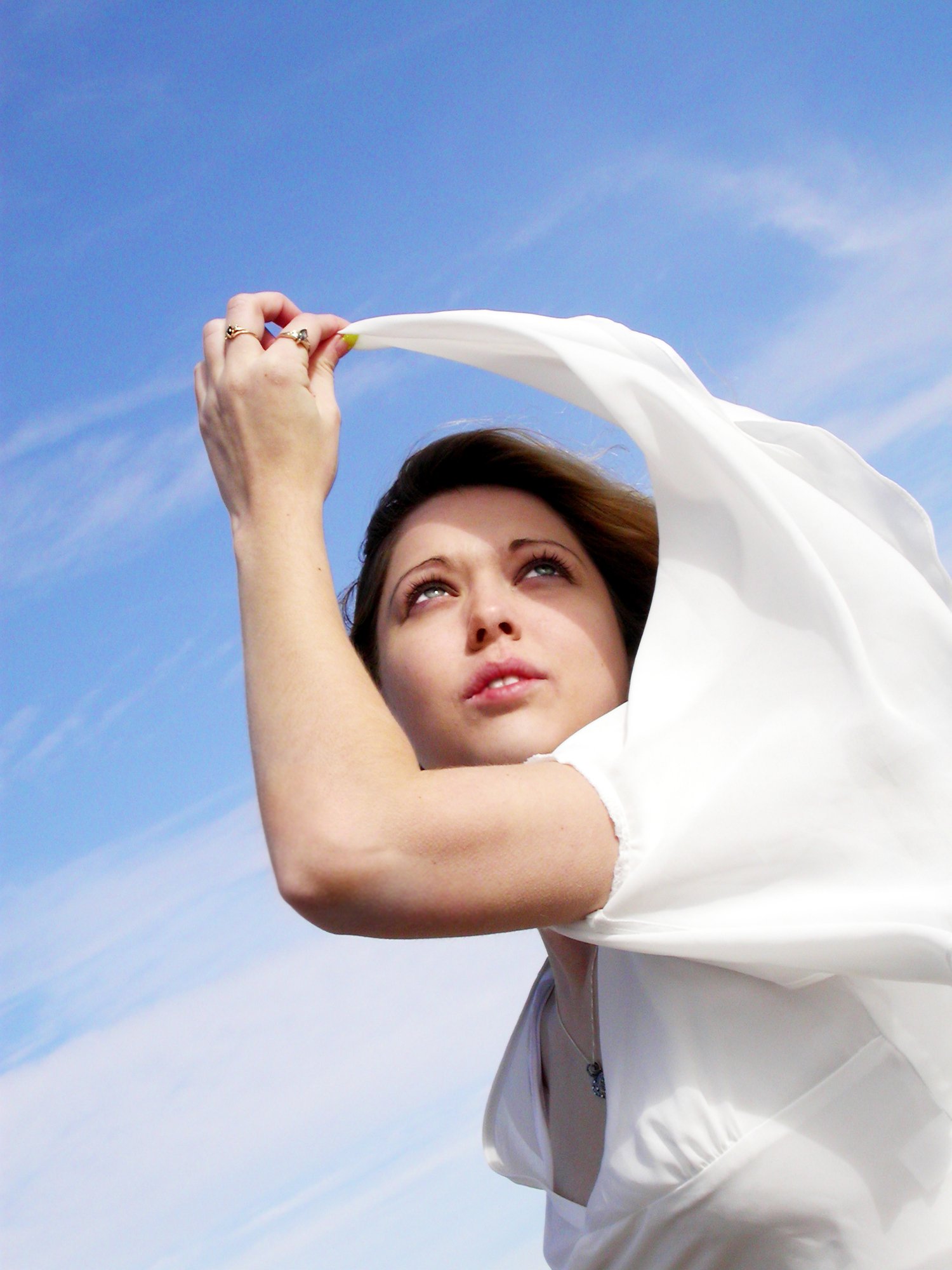
What Happens When Mind-Body Learning Meets Musical Theatre
Kvammen, A. C. R., & Hagen , J. K. (2024). I’ll figure it out myself! Musical theatre students’ enhanced knowledge of embodied learning processes through application of the Alexander Technique. Nordic Research in Music Education, 5, 90–110. https://doi.org/10.23865/nrme.v5.5650
Embodied learning processes empower students to improve self-observation skills and thinking in the moment.
-
Overview
This participatory action research project looks at the effect of applying Alexander Technique to undergraduate musical theatre training. Kvammen and Hagen gathered data from students’ reflection notes and focus group interviews over two separate musical theatre classes in consecutive years which worked on rehearsals of repertoire focusing on singing, dancing, and acting; sessions with collaborative teaching including an Alexander Technique pedagogue; and individual and group lessons in Alexander technique. The authors argue that students strengthened their observation skills and increased their awareness of their preconceptions and learning processes.
-
Considerations
Alexander Technique is a therapeutic practice focused on natural spinal balance and poise through thinking in activity. The authors contend that tertiary education needs to heighten students’ awareness regarding the circularity of mind, body and surroundings. The intention of implementing Alexander Technique was to investigate a method that gave the students insight to interdependency between seemingly different facets of embodiment.
-
So What?
In addition to constructive student outcomes, this article makes the case for collaborative, cross-disciple pedagogy. The focus on embodied learning processes gave positive experiences to all participants, students and instructors. Not only did the students have greater insight to their craft, but also the instructors gained cross-aesthetic pedagogical experiences that informed their teaching in their respective fields.
-
Mojo's Riff
As a university-level musical theatre teacher myself, I connect to Kvammen and Hagen’s work to help students embrace diverse practices and then make the connections between them. Students are then able to be more creative and more agile across different domains. With Alexander Technique’s focus on inhibition, intentional stillness, and direction, intentional redirection of energy, I am intrigued with how psychophysical training can inform all forms of learning.